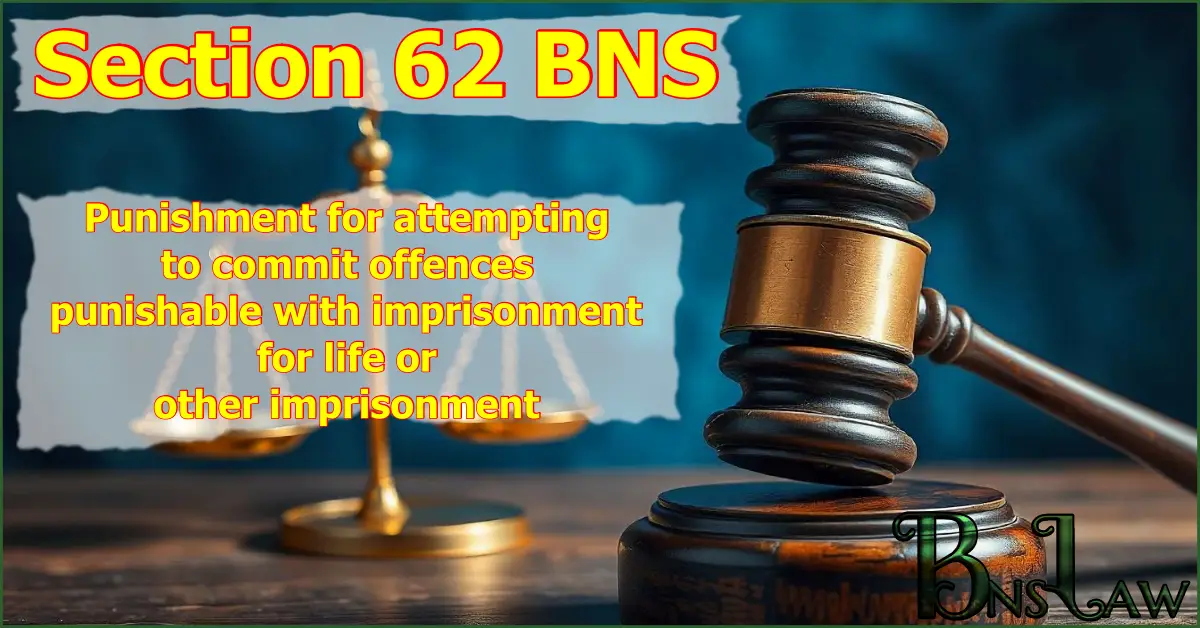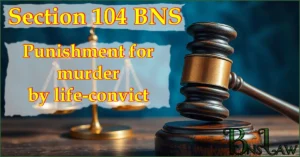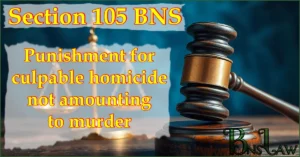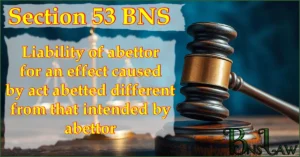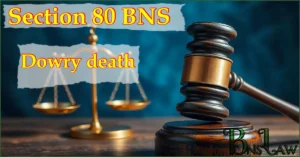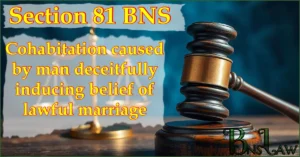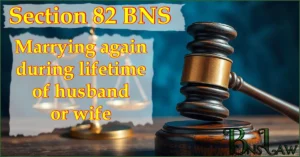Section 62 BNS | BNS 62
Whoever attempts to commit an offence punishable by this Sanhita with imprisonment for life or imprisonment, or to cause such an offence to be committed, and in such attempt does any act towards the commission of the offence, shall, where this Sanhita makes no express provision for the punishment of such attempt, be punished with imprisonment of any description provided for the offence, for a term which may extend to one-half of the imprisonment for life or, as the case may be, one-half of the longest term of imprisonment provided for that offence, or with such fine as is provided for the offence, or with both.
Illustrations
(a) A makes an attempt to steal some jewels by breaking open a box, and finds after so opening the box, that there is no jewel in it. He has done an act towards the commission of theft, and therefore is guilty under this section.
(b) A makes an attempt to pick the pocket of Z by thrusting his hand into Z’s pocket. A fails in the attempt in consequence of Z’s having nothing in his pocket. A is guilty under this section.
READ OTHER SECTIONS OF CHAPTER IV — OF ABETMENT, CRIMINAL CONSPIRACY AND ATTEMPT
FAQs of BNS Section 62
-
62 BNS punishment and fine
Punishment and fine under Section 62 of the BNS: One-half of the imprisonment for life, or imprisonment not exceeding one half of the longest term, provided for the offence, or fine, or both.
-
62 BNS cognizable or not
According as the men offence is cognizable or non-cognizable.
-
62 BNS bailable or not
According as the offence attempted by the offender is bailable or non-bailable.
-
62 BNS trial court
The court by which the offence attempted is triable.
Important Points
- Cognizable Offences: These are offences where a police officer can arrest a person without a warrant.
- Non-Cognizable Offences: These are offences where a police officer cannot arrest a person without a warrant.
- Bailable Offences: These are offences where the accused can get bail from the police station itself. All bailable offences are listed in the First Schedule of the Bharatiya Nagarik Suraksha Sanhita (BNSS).
- Non-Bailable Offences: Offences in which bail is not granted directly from the police station but after hearing the case in the court, the judge decides when bail will be granted. All non-bailable offences are listed in the first schedule of the Bharatiya Nagarik Suraksha Sanhita (BNSS).
- In the above FAQ, “trial court” means the court that has jurisdiction to try the offence.
- In the above FAQ, the expression “Magistrate of the first class” and “Any Magistrate” does not include Executive Magistrates.
Read other Sections of the BNS
Reference Link: New Criminal Laws (BNS), Ministry of Home Affairs

